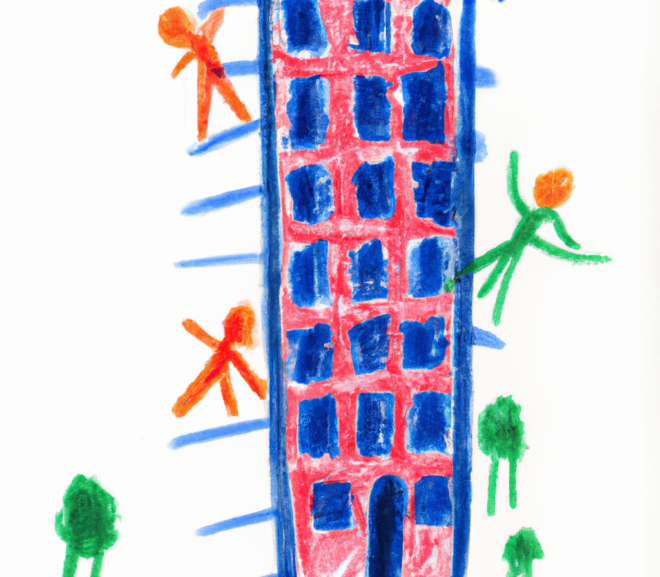I’m not a fan of “levels of autism.” If an autistic individual makes a personal choice to refer to themselves as one of these levels, I can respect their decision. When it’s imposed meaninglessly by others, it’s too often disastrous.
Tag: Ann Memmott
Autistic brains can be in danger of overload while grocery shopping. When that happens autistics needs a quiet space—fast. But there are usually none in big stores.
Autistic children only get one childhood, and they deserve properly qualified and properly experienced professional teams. Teams that consider autistic ways of communication, ethics, human rights, and potential harms very carefully indeed.
Too often, people cause the “behaviour” that they blame on “real autism.” And it’s often their own approaches that need changing.
If we say we need a piece of technology, enable that. If a meeting knows I need to use a chat facility for video, enable support for that so that I join in equally.
Autistic people generally have different social skills, not broken ones. Yet we see paper after paper saying our social skills are broken, and the research teams don’t even bother to mention all the new research showing it’s not true.
One of the most important things autistic people can offer to parents is interpretation skills. Interpreting our culture, our way of communicating. Preventing misunderstandings. Helping families to learn one another’s languages of love and caring.
Bullying is a very serious subject, and every school needs to be very serious about understanding, investigating, and handling bullying situations with thoughtfulness, care, and compassion.
Ann Memmott annsautism.blogspot.com In the recent Lancet article The gut microbiome in neurological disorders by Cryan et al, confused researchers have mistaken reducing stomach pain for curing autism (yet again). Now, autism researchers, when was the last time you had a hurty tum? How was your behaviour? Having an ‘aha!’ moment now? Thank you. If you want a hint of the joys within the Lancet paper: it references Tomova et al’s 2015 paper Gastrointestinal microbiota in children with autism in Slovakia, which involves nine autistic children ages 2-9, in an unblinded study (meaning they knew which kids got the probiotic supplement) and parent reports of “behaviour.” Apparently after the treatment autistic children showed less “challenging behaviour” which led to the the supposition that “…appropriate… microbiota is required for normal social development.” The problem is that autism isn’t a behaviour, any more than being Deaf is a “behaviour.” The cited quest to…
Adults need to understand that toileting can be the most terrifying experience imaginable for an autistic child whose experience of the world is already turned up to “max.”









